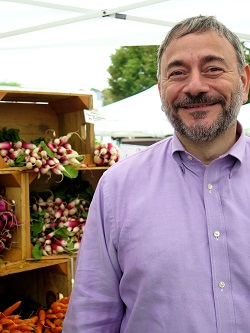
Joel Berg
CEO, Hunger Free America
Joel Berg is CEO of Hunger Free America, a nationwide direct service and advocacy 501c3 nonprofit organization that is working to enact the public policies and programs necessary to ensure that all Americans have enough to eat. In his 18 years with the organization, he transformed it from a local group in New York City to a presence in all 50 states. He is also the author of All You Can Eat: How Hungry Is America?, the definitive and most well-reviewed book on domestic hunger of the last decade. Nobel Prize-winner Toni Morrison called his second book, America We Need to Talk: a Self Help Book for the Nation, “important and entertaining.” Prior to his work with the Hunger Free America, Joel served for eight years in the Clinton Administration in senior executive service positions at USDA. For two years, he acted as USDA Coordinator of Community Food Security, a new position in which he created and implemented the first-ever federal initiative to better enable faith-based and other nonprofit groups to fight hunger, bolster food security, and help low-income Americans move out of poverty. He holds a BA a graduate of Columbia University.
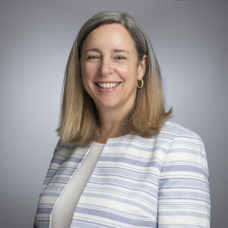
Stacy Dean
Vice President for Food Assistance Policy, Center for Budget and Policy Priorities
Stacy Dean is the Vice President for Food Assistance Policy at the Center on Budget and Policy Priorities. She directs CBPP’s food assistance team, which publishes frequent reports on how federal nutrition programs affect families and communities and develops policies to improve them. Dean’s team also works closely with program administrators, policymakers, and non-profit organizations to improve federal nutrition programs and provide eligible low-income families with easier access to benefits. She brings her deep programmatic and operational knowledge along with a strong strategic sense to help advance CBPP’s priorities. In addition to her work on federal nutrition programs, Dean directs CBPP efforts to integrate the delivery of health and human services programs at the state and local levels. Dean joined CBPP in 1997 as a Senior Policy Analyst working on national policy issues such as the federal budget, SNAP, and benefits for immigrants. Previously, as a budget analyst at the Office of Management and Budget, she worked on policy development, regulatory and legislative review, and budgetary process and execution for a variety of income support programs. Dean earned her B.A. and master’s degree in public policy from the University of Michigan.
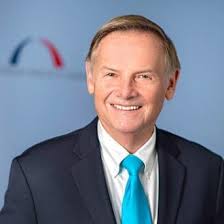
G. William Hoagland
BPC Senior Vice President
G. William Hoagland is a BPC senior vice president. In this capacity, he helps direct and manage fiscal, health, and economic policy analyses. Before joining BPC in September 2012, Hoagland served as vice president of public policy for CIGNA Corporation, working with business leaders, trade associations, business coalitions, and interest groups to develop CIGNA policy on health care reform issues at both the federal and state levels. Prior to joining CIGNA, Hoagland completed 33 years of federal government service, including 25 years on the U.S. Senate staff. From 2003 to 2007, he served as the director of budget and appropriations in the office of Senate Majority Leader Bill Frist. He assisted in evaluating the fiscal impact of major legislation and helped to coordinate budget policy for the Senate leadership. Hoagland attended the U.S. Merchant Marine Academy and holds degrees from Purdue University and The Pennsylvania State University. His family’s Indiana family farm was recognized as a “Hoosier Homestead” for having remained in the family for over a century.
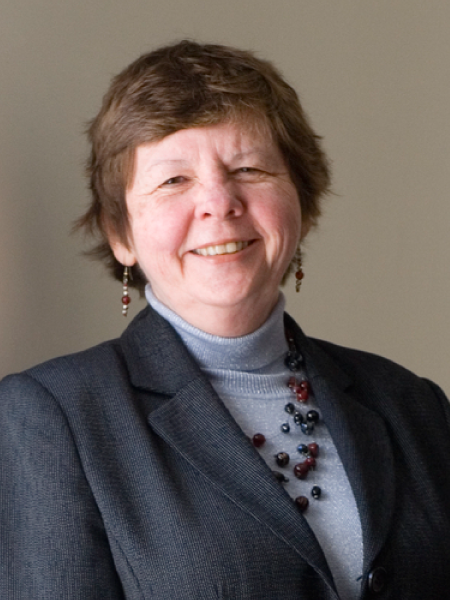
Dr. Eileen Kennedy
Professor and former Dean, Tufts Friedman School of Nutrition Science and Policy
Eileen Kennedy is Professor of Nutrition and former Dean of the Friedman School of Nutrition Science and Policy. She received her Bachelor’s Degree from Hunter College in New York City, a Masters in nutrition from the Pennsylvania State University and a Masters and Doctor of Science degree from the Harvard School of Public Health. Dr. Kennedy was appointed to the High Level Panel of Experts on Food Security and Nutrition for a term covering 2015-2019. Dr. Kennedy has over 30 years’ experience in US domestic and international policy. Her research has focused on the effects of government policies and programs on health, nutrition, food security and poverty alleviation. Dr. Kennedy was the first Executive Director of the Center for Nutrition Policy and Promotion. She also served as Deputy Under Secretary for Research, Education and Economics in USDA. She was part of the development of TEAM nutrition program within USDA. Dr. Kennedy was the chief architect of the Healthy Eating Index, a single summary measure of diet quality used by government agencies for monitoring and evaluation. Dr. Kennedy has held academic appointments at Tufts University, Columbia University, Cornell and Johns Hopkins School of Advanced International Studies. In conjunction with Dr. David Satcher, surgeon general, Dr. Kennedy co-chaired the 2000 US National Nutrition Summit. Dr. Kennedy was a member of the UN/SCN Advisory Group on Nutrition. Between 2014 and 2016 she was a member of the Global Council on Food and Nutrition Security of the World Economic Forum. In 2018 Dr, Kennedy was inducted as a Fellow of the American Society for Nutrition.
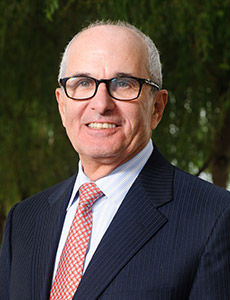
Marshall Matz
Marshall Matz was hired in 1973 by Senator George McGovern to serve as Counsel to the Senate Select Committee on Nutrition. From that position, Marshall helped to craft all of the McGovern-Bob Dole nutrition bills, many of which were the result of the White House Conference on Food and Nutrition. Food stamp reform, school lunch and breakfast expansion, WIC and TEFAP all came out of the bipartisan McGovern-Dole relationship. Marshall went on to become Counsel to the Senate Committee on Agriculture when the committees merged in 1978 and continued to serve both Senators McGovern and Dole after the left the Senate. Marshall worked with them and President Clinton to help create the McGovern-Dole global school feeding program. Marshall started Friends of the World Food Program in the United States and has served on its Board ever since. He now spends much of his time working to improve African agriculture
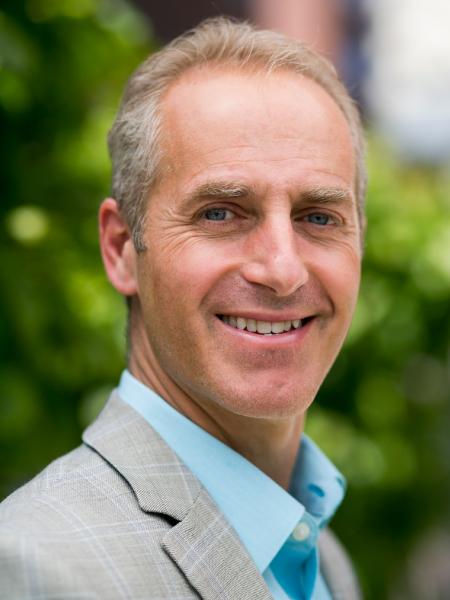
Dr. Dariush Mozaffarian
Dean and Jean Mayer Professor of Nutrition and Medicine, Tufts Friedman School
Dariush Mozaffarian is a cardiologist, Dean and Jean Mayer Professor at the Tufts Friedman School of Nutrition Science and Policy, and Professor of Medicine at Tufts Medical School. As one of the top nutrition institutions in the world, the Friedman School’s mission is to produce trusted science, future leaders, and real-world impact. Dr. Mozaffarian has authored more than 400 scientific publications on dietary priorities for obesity, diabetes, and cardiovascular diseases, and on evidence-based policy approaches to reduce these burdens in the US and globally. He has served in numerous advisory roles including for the US and Canadian governments, American Heart Association, World Health Organization, and United Nations. His work has been featured in a wide array of media outlets including the New York Times, Washington Post, Wall Street Journal, National Public Radio, and Time Magazine. In 2016, Thomson Reuters named him as one of the World’s Most Influential Scientific Minds.
Dr. Mozaffarian received a BS in biological sciences at Stanford (Phi Beta Kappa), MD at Columbia (Alpha Omega Alpha), residency training in internal medicine at Stanford, and fellowship training in cardiovascular medicine at the University of Washington. He also received an MPH from the University of Washington and a Doctorate in Public Health from Harvard. Before being appointed as Dean at Tufts in 2014, Dr. Mozaffarian was at Harvard Medical School and Harvard School of Public Health for a decade and clinically active in cardiology at Brigham and Women’s Hospital. He is married, has three children, and actively trains as a Third Degree Black Belt in Taekwondo. The Friedman School pursues cutting-edge research, education, and public impact across five Divisions, a cross-divisional Center, and multiple academic programs. Areas of focus range from cell to society, including: molecular nutrition, human metabolism and clinical trials, nutrition data science, behavior change, community and organizational interventions, communication and media, agriculture, food systems, and sustainability, hunger and food security, humanitarian crisis, and food policy and economics. Friedman School graduates are leaders in academia, US and international government, policy, advocacy, industry, public health, community service, and entrepreneurship. The School’s unique breadth, engagement with the world, and entrepreneurial spirit make it a leading institution for nutrition education, research, and public impact.
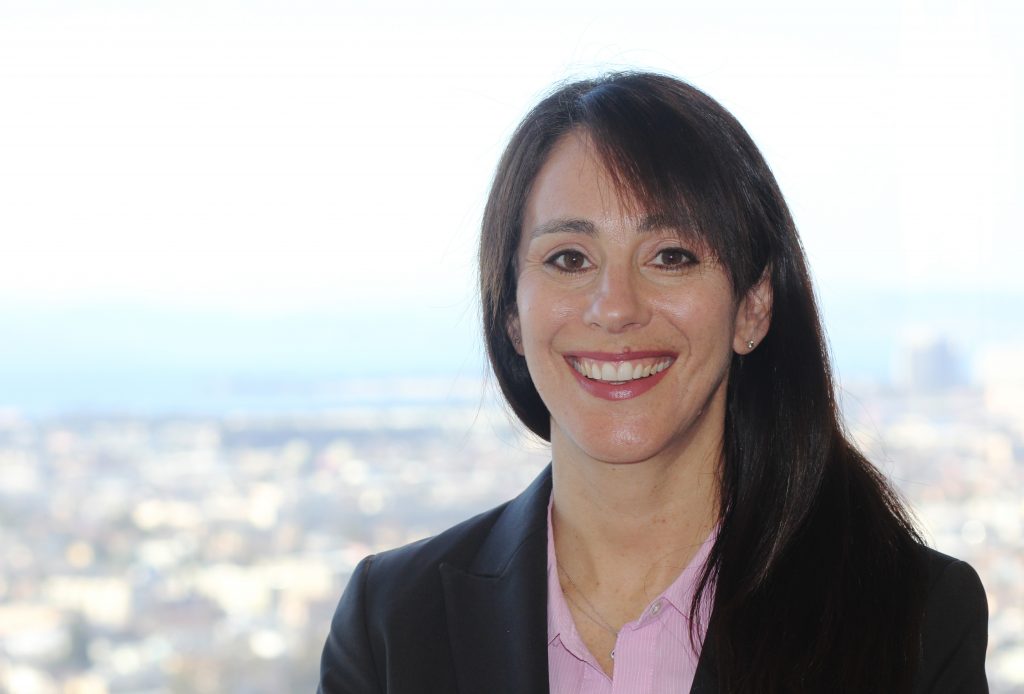
Pamela Schwartz
Senior Director, Community Health, Kaiser Permanente
Pamela Schwartz joined Kaiser Permanente in 2001 and serves as the Senior Director for Community Health. In this position, Pam leads Kaiser Permanente’s new, transformative, organization-wide effort to accelerate food security aimed at transforming health and health care in America. Previously, Pam led the execution of Kaiser Permanente’s Community Health measurement, evaluation and learning and Community Health Needs Assessment strategies, ensuring that Kaiser Permanente responds in the most impactful way to the needs of communities, deploying organizational assets in partnership with community. Pam has advanced the community health strategy to focus on identifying and responding to the social determinants of health, working cross-functionally, and system-wide on a variety of content areas.
Pam has worked abroad in Guatemala with indigenous populations and in Israel with Ethiopian populations and studied in Mexico and Spain. Pam holds a master’s in Public Health and has over 25 years’ experience in community health, strategy and evaluation, is the author of several journal articles and serves on a variety of expert panels in the areas of Community Health, health care, evaluation and population health improvement. Pamela is also a graduate of Kaiser Permanente’s Executive Leadership Program at Harvard Business School.
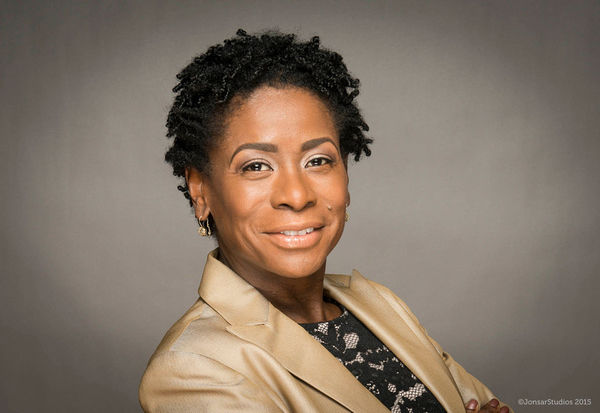
Brigadier General Allyson Solomon
U.S. Air Force, Retired; Mission: Readiness Member; and, President of the National Guard Youth Foundation
Allyson Solomon is a retired general officer having served nearly 36 years in the National Guard. In her position prior to retirement, she served as Assistant Adjutant General for Air, Maryland Air National Guard.
She is the first woman and first African-American to be appointed as a senior commander in the Maryland National Guard. In 2003, she was the first woman to be promoted to Colonel in Maryland Air National Guard history. She also made Maryland National Guard history as the first African-American woman promoted to Colonel. In 2006, Solomon was selected to serve as the Chief of the General Officer Management Office at the National Guard Bureau, Washington, DC.
General Solomon is a member of Mission: Readiness, the nonprofit, national security organization of hundreds of retired admirals and generals strengthening national security by ensuring kids stay in school, stay fit, and stay out of trouble.

Brooks Tingle
President and CEO, John Hancock Insurance
Brooks Tingle has responsibility for and provides strategic leadership of John Hancock’s insurance businesses—focusing on John Hancock Life Insurance, a leading provider of life insurance solutions and Long Term Care Partners, a wholly owned subsidiary responsible for administration of Federal Government Long Term care and benefits plans. Prior to his current role, Mr. Tingle led the Marketing and Strategy teams for John Hancock Insurance and drove the modernization of the company’s marketing function through initiatives such as an ambitious digital strategy, the build out of a strong advanced analytics team, and sharpened focus on customer experience/engagement. Much of his focus is on innovation to enhance the relevance and attractiveness of insurance products to today’s consumers. An example was his leadership in identifying, developing, and implementing the John Hancock Vitality solution, which integrates life insurance with a technology-enabled wellness program. This new kind of life insurance offers customers significant savings and rewards for living healthy. Previously, Mr. Tingle served as senior vice president and chief operations officer for John Hancock Life Insurance Company and was responsible for all operations including new business, underwriting, claims, information technology, policy administration, customer service, and reinsurance administration. Mr. Tingle leads the executive leadership team of John Hancock Insurance and serves on the executive leadership team of John Hancock. He is also a member of Manulife’s Global Leadership team. Mr. Tingle is a member of the Board of The Partnership, Inc., the Board of The Life Insurance Council of New York, Inc. and The Citizen Schools National Advisory Board. He is a member of the ACLI ’s Data Analytics Task Force. Mr. Tingle received an MBA from Boston University and a B.A. in Economics from the University of New Hampshire.
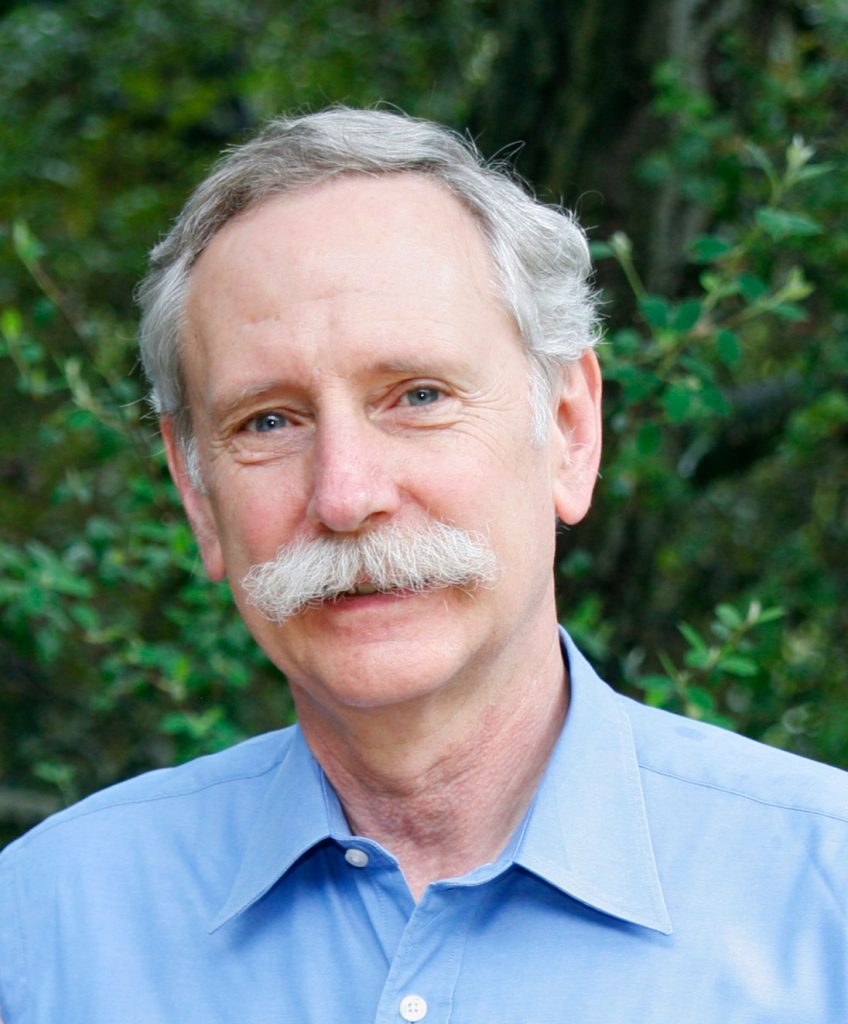
Dr. Walter Willett
Professor of Epidemiology and Nutrition, Harvard TH Chan School of Public Health
Dr. Walter Willett is Professor of Epidemiology and Nutrition at the HarvardT.H. Chan School of Public Health and Professor of Medicine at Harvard Medical School. He served as Chair of the Department of Nutrition at Harvard for 25 years. His work has focused on the development of methods, using both questionnaire and biochemical approaches, to study the effects of diet on the occurrence of major diseases. He has applied these methods to large cohort studies, including nearly 300,000 men and women, that are providing the most detailed information on the long-term health consequences of diets. Dr. Willett has published over 1,900 articles, primarily on lifestyle risk factors for cardiometabolic disease and cancer, and has written the textbook, Nutritional Epidemiology.

Michael J. Wilson
Director, Maryland Hunger Solutions
Michael J. Wilson is Director of Maryland Hunger Solutions, which was founded in 2007 by the Food Research & Action Center, and works to end hunger and improve the nutrition, health, and well-being of individuals, children and families in Maryland. Maryland Hunger Solutions seeks to overcome barriers and create self-sustaining connections between Maryland residents and nutritious foods. It works with state and community partners to seek to: provide education about the stark reality of hunger’s existence in Maryland and the proven solutions to reduce food insecurity; improve public policies to end food insecurity and poverty; and ensure that all eligible residents are connected to federal and state nutrition programs, such as the Supplemental Nutrition Assistance Program (known as the Food Supplement Program in Maryland) and school meals programs. Previously, Michael was the National Director of Americans for Democratic Action, a Vice President of the United Food and Commercial Worker Union, and an official at the U.S. Department of Labor. He holds a BA in communications from Michigan State University.
